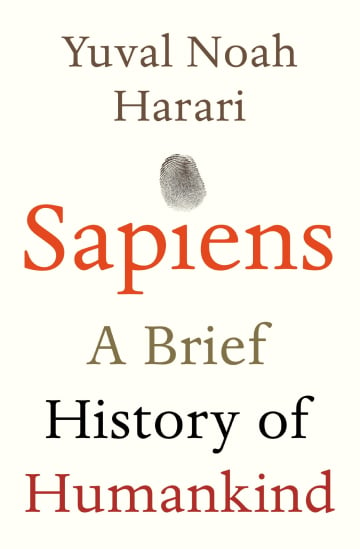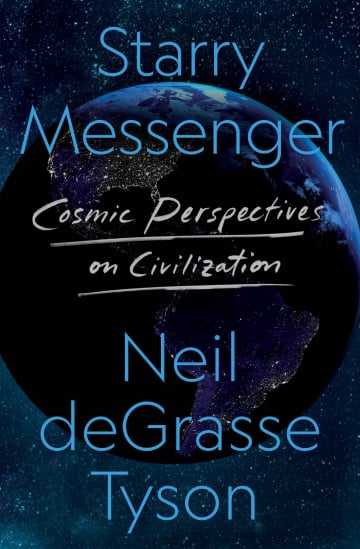
Sapiens: A Brief History of Humankind
⚡️ 10 Quotes from the book
“How do you cause people to believe in an imagined order such as Christianity, democracy or capitalism? First, you never admit that the order is imagined. You always insist that the order sustaining society is an objective reality created by the great gods or by the laws of nature.”
“As far as we can tell, from a purely scientific viewpoint, human life has absolutely no meaning. Humans are the outcome of blind evolutionary processes that operate without goal or purpose. Our actions are not part of some divine cosmic plan, and if planet Earth were to blow up tomorrow morning, the universe would probably keep going about its business as usual.”
“The Cognitive Revolution is accordingly the point when history declared its independence from biology.”
“Nothing in the comfortable lives of the urban middle class can approach the wild excitement and sheer joy experienced by a forager band on a successful mammoth hunt. Every new invention just puts another mile between us and the Garden of Eden.”
“Evolution has made Homo sapiens, like other social mammals, a xenophobic creature. Sapiens instinctively divide humanity into two parts, ‘we’ and ‘they’. We are people like you and me, who share our language, religion and customs. We are all responsible for each other, but not responsible for them. We were always distinct from them, and owe them nothing. We don’t want to see any of them in our territory, and we don’t care an iota what happens in their territory. They are barely even human.”
“Any large-scale human cooperation – whether a modern state, a medieval church, an ancient city or an archaic tribe – is rooted in common myths that exist only in people’s collective imagination.”
“One of history’s few iron laws is that luxuries tend to become necessities and to spawn new obligations. Once people get used to a certain luxury, they take it for granted. Then they begin to count on it. Finally they reach a point where they can’t live without it.”
“Domesticated chickens and cattle may well be an evolutionary success story, but they are also among the most miserable creatures that ever lived.”
“Today the media and the fashion industry expose us to a totally unrealistic standard of beauty. They search out the most gorgeous people on the planet, and then parade them constantly before our eyes. No wonder we are far less happy with the way we look.”
“There are no gods in the universe, no nations, no money, no human rights, no laws, and no justice outside the common imagination of human beings.”
Related videos
Publications
GatesNotes: How did humans get smart? Melinda and I spent weeks talking about this history of the human race.
The Guardian: A swash-buckling account that begins with the origin of the species and ends with post-humans
Discovery Institute: A Scientifically Weak and Ethically Uninspiring Vision of Human Origins
The Wall Street Journal: How Humankind Conquered the World
Ask Albert:
Rate the book
⚡️ Discover Even More Bookish Wisdom
recommends
recommends




















